In March 2015, King’s College London appointed Professor Stefan Bornstein as transCampus Dean, the first role of its kind for King’s. The remit of this role is to drive university partnership and collaborative research initiatives between two of Europe’s leading academic institutions.
The transCampus was established as a transnational strategic partnership based on the idea of true collaboration and an intense dedication for knowledge exchange in various academic fields. Guided by shared ideas, values and a devotion to research and education, transCampus enables researchers to work together beyond the means of a traditional partnership by sharing resources, combining their strength, and promoting transnational projects and knowledge transfer.
This promising endeavour has had a gradual build-up since 2015, increasing in academic substance and administrative infrastructure, it’s unique advantage being the formation of a “Star Alliance” which aims to bring the resources, critical mass and individual strengths of each institution together to create an even larger, united and complementary academic and clinical campus. The joint efforts of two leading universities in Europe will create a partnership of scientific strength in Biomedicine, in order to bridge potential difficulties brought on by changing political scenes and allow the students and staff to compete with other leading institutions of the world. Whereas traditionally it all began in FoLSM mainly in the field of Metabolism, it has with time expanded far beyond this and includes collaborations in Psychiatry, Immunology, Engineering, Dental School, Industry, clinical practice and more.
Quotations
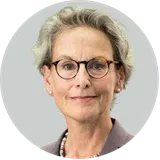
The transCampus is a very effective tool to foster sustainable cooperations across many different fields. This innovative and successful partnership creates the best possible academic environment for our students and staff.
Ursula M. Staudinger
Rector TUD
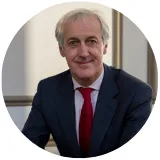
The combined forces of London and Dresden scientists in the transCampus have yielded new findings in life sciences. We hold a commitment to address broader inequalities by training a new generationof scientists.
Richard Trembath
Senior Vice President Health and Life Sciences at King’s
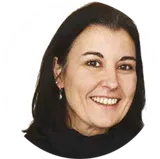
Being part of the transCampus helped me to set up my lab, to get the expertise of the different researchers in the transCampus and also to build up a strong network that allowed me to establish new collaborations with experts in the field of regenerative medicine of diabetes.
Rocio Sancho
Group Leader at the Centre for Stem Cells and Regenerative Medicine at King’s
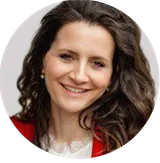
Building the transCampus up and seeing it grow with such speed and success has been a truly rewarding and unique experience. The level of communication, collaboration and generation of results and opportunities has exceeded any expectations. We will keep working hard to maintain this quality and widen our network even further.
Virginia Kamvissi-Lorenz
transCampus Chief Operating Officer
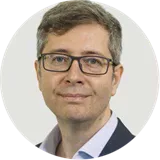
Strengthening our research network through international cooperation is the key to our future strategy. The expertise of Dresden and London in Materials Science complement each other perfectly. Both sides are excellent research locations, which will get new impulses from the cooperation.
Gianaurelio Cuniberti
Chair of Materials Science and Nanotechnology, TUD
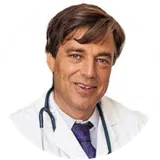
The unique aspect of our partnership model is the intense dedication to collaboration in all fields. As of today, there are eight transCampus professors in medicine sharing the same rights and duties. Scientists and students on all levels as well as staff members work together in joint projects and missions as if it were one campus.
Stefan R. Bornstein
Professor of Medicine, transCampus Dean, TUD and King’s
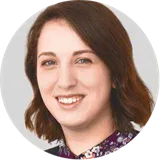
The transCampus programme gives me the best chance to generate high quality research by combining my training in two labs that are experts in complementary fields necessary for my project to succeed and also exposes me to an interactive network of high calibre researchers.
Alice Santambrogio
PhD student at TUD and King’s
The carousel shows various images of Students and the Leadership Team for the transCampus Initiative.